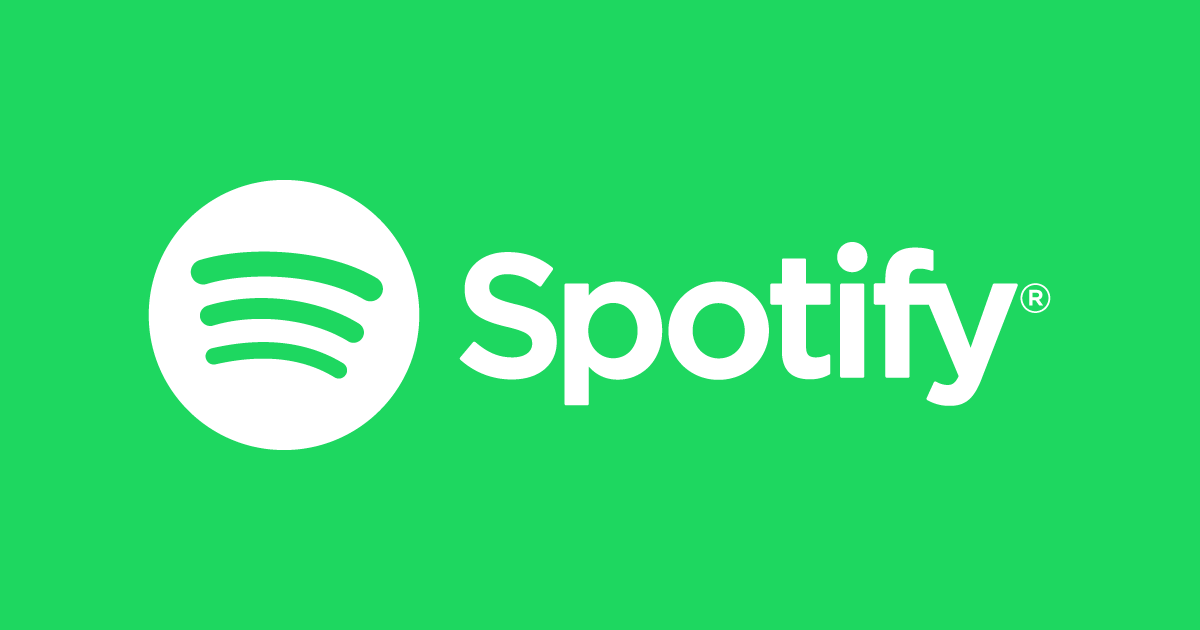

Spotify began as a small start-up in Stockholm , Sweden. The platform was created in 2006 as a response to the growing problem of piracy faced by the music industry.
This saved the music industry millions a year because well, you don't pay for the songs.
In 2006, Ek and Lorentzon came up with the concept of establishing a legal online music distribution network, which at the time was dominated by illegal file sharing sites.
The "Spotify" service, which offers DRM-restricted music , videos and podcasts from record labels and media companies.
They also experimented with sharing mp3 music files between hard drives on their computers.
Spotify was eventually able to go live in October 2008 after Ek pleaded with music labels to expand their catalogues.
Steps towards Success:
- Spotify 's success by creating a new way of listening to music without the constraints of physical media or ownership.
- Spotify 's constant emphasis has made it possible for the company to find a product-market match before anyone else in the streaming music space.
- Spotify leveraged virality in its sign-up phase to drive early development quickly.
- Spotify was able to reach critical licensing deals with record labels at an early stage in the company's growth.
- Spotify's freemium model is a significant competitive advantage for the business in a crowded, highly competitive climate.
